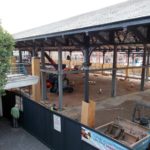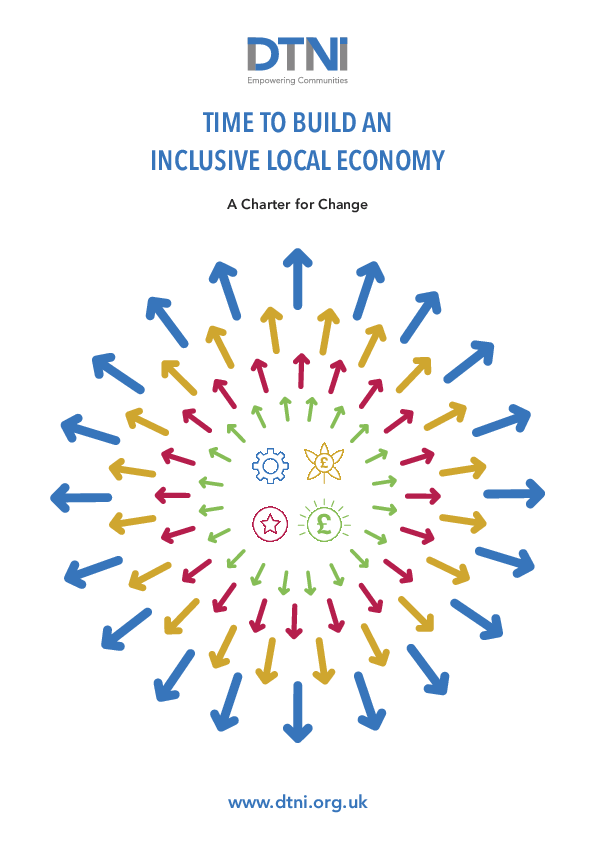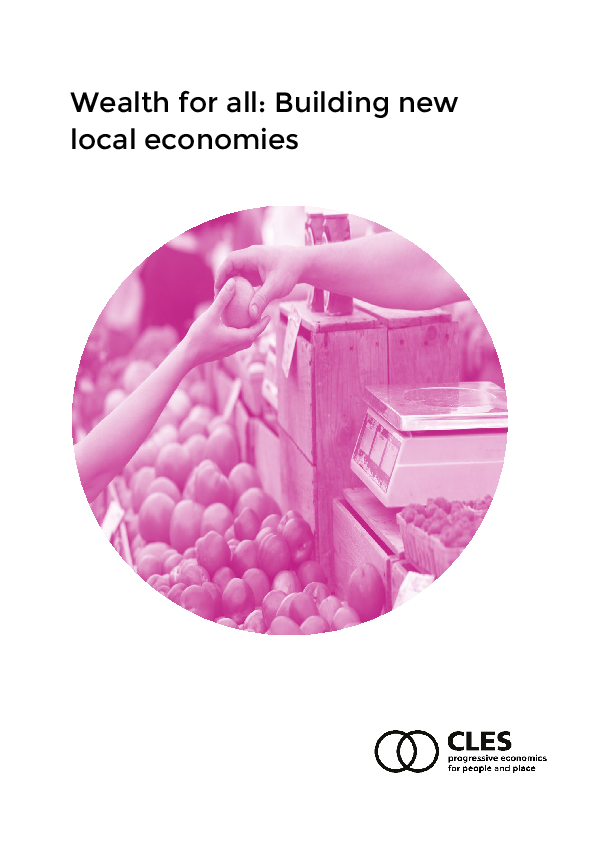An end to austerity? Not for local government.
This article originally appeared in the Local Government Chronicle
The budget has found the money tree, but not for local economies, local public services or the climate.
We need to look at where the money goes and who has power over it. Big finance, large infrastructure companies and the existing wealth winners all win again. Just and green local economies for all remain as distant as ever.
Wider economic austerity has been abandoned – but let’s be clear, local government public service austerity remains, and so do the systemic economic issues bedevilling great swathes of this land.














